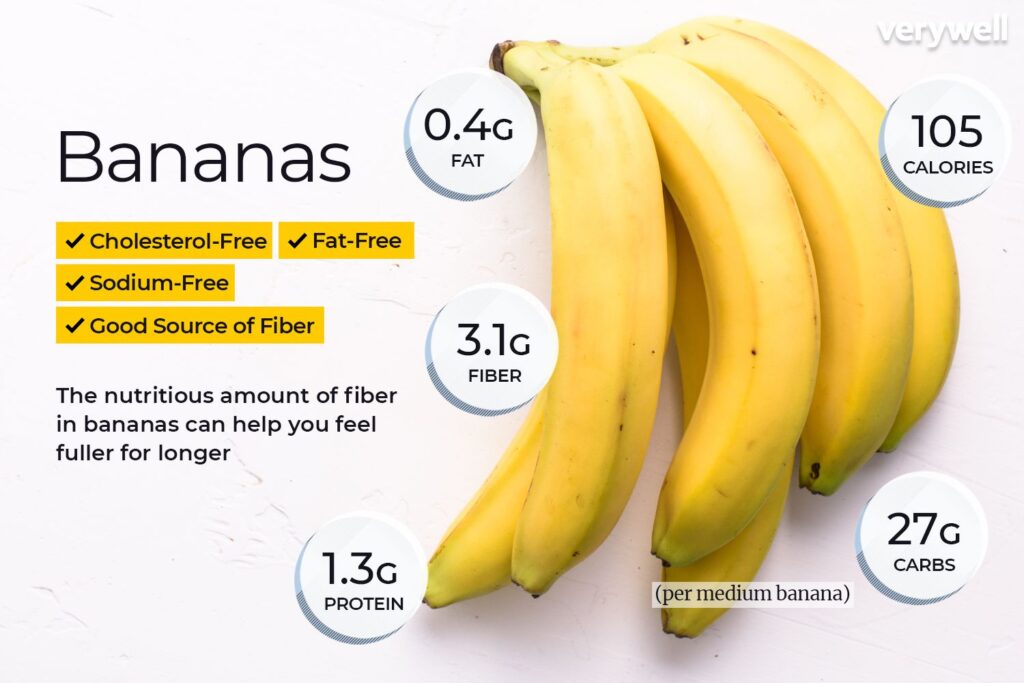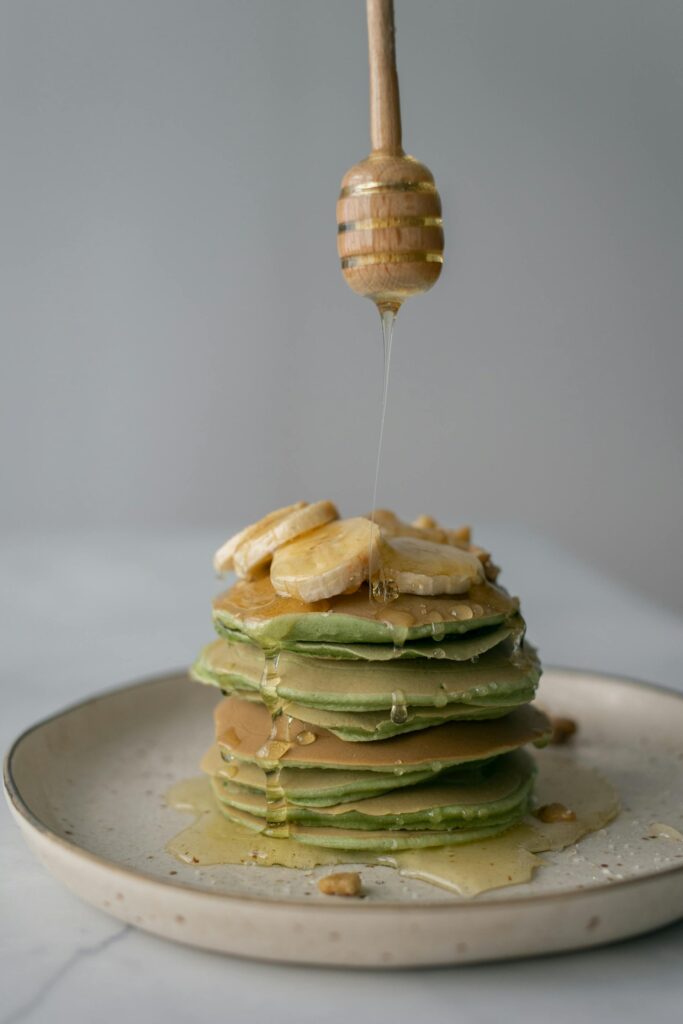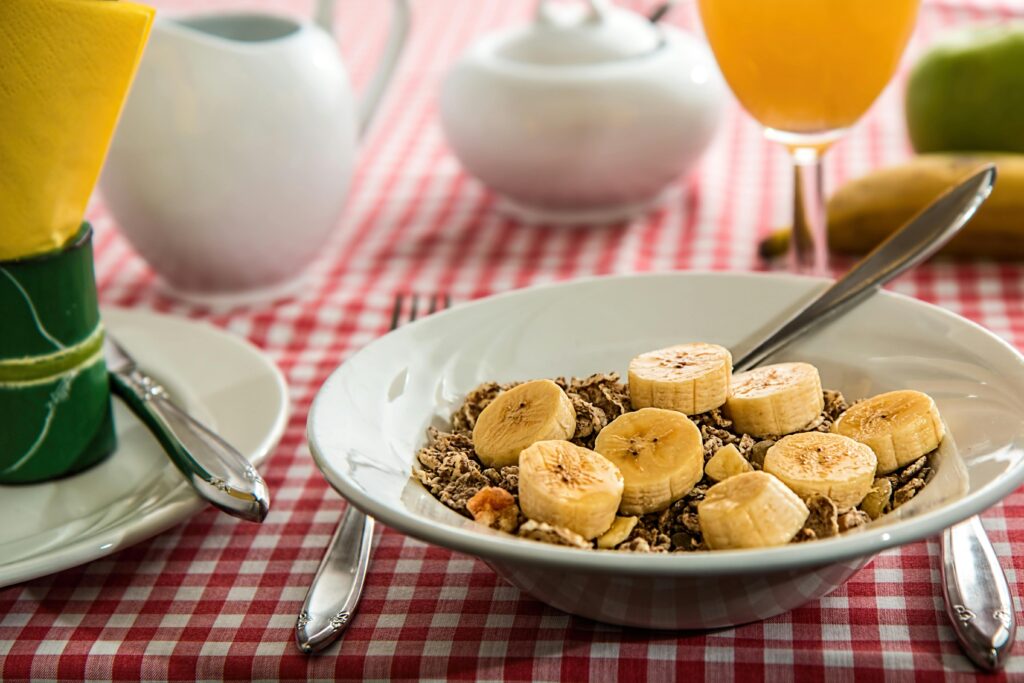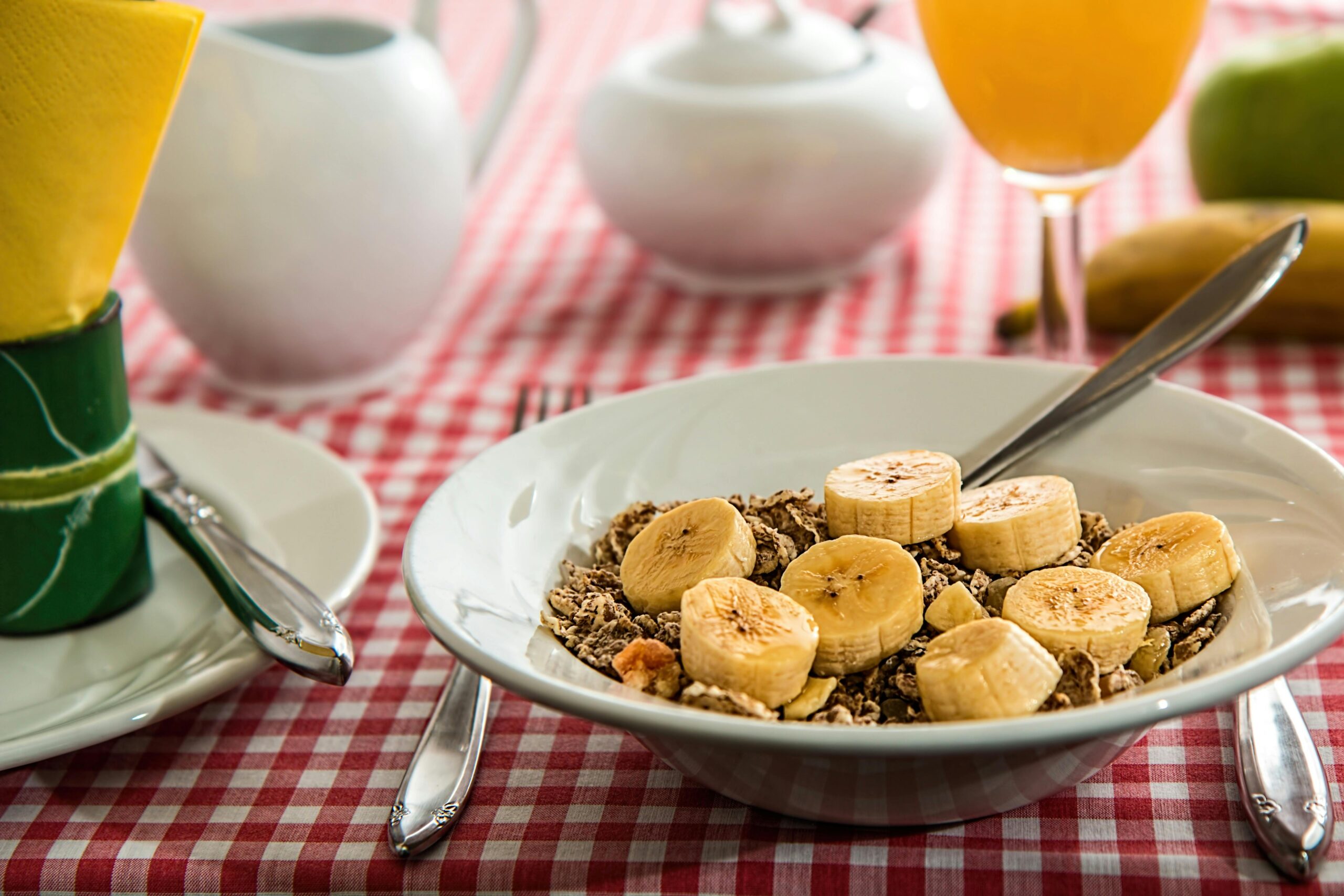Nutritional Value of Bananas, the beloved yellow fruit, is not just a tasty snack; they are a nutritional powerhouse packed with essential vitamins and minerals. From providing a quick energy boost to supporting heart health, the benefits of bananas extend far beyond their convenient peel-and-eat nature. In this article, we’ll delve into the nutritional value of bananas and explore why they deserve a prime spot in your daily diet.

A Brief Overview of the Nutritional Value of Banana
Before we dive into their nutritional content, let’s take a moment to appreciate bananas for what they are: a versatile fruit with a rich history. Nutritional Value of Banana are the fruit of various species of large herbaceous plants in the genus Musa. Originating from Southeast Asia, bananas have spread globally and are now cultivated in many tropical and subtropical regions.
Rich in Essential Nutrients
Bananas are often praised for their high potassium content, but their nutritional profile goes far beyond that. Here’s a breakdown of the essential nutrients found in a single medium-sized banana:
Potassium
Nutritional Value of Banana is rich in potassium, an electrolyte essential for maintaining proper muscle function, regulating blood pressure, and supporting heart health. A medium-sized banana can contain around 400 milligrams of potassium, making it an excellent choice for replenishing electrolytes after exercise.
Vitamin C
Nutritional Value of Banana is a good source of vitamin C, an antioxidant that helps boost the immune system, promote healthy skin, and aid in wound healing. Consuming a banana can provide up to 10% of the recommended daily intake of vitamin C.
Vitamin B6
Bananas are packed with vitamin B6, also known as pyridoxine, which plays a crucial role in metabolism, brain development, and immune function. A medium banana can supply around 20% of the daily recommended intake of vitamin B6.
Fiber
Nutritional Value of Banana is a rich source of dietary fiber, which is important for maintaining digestive health, promoting satiety, and regulating blood sugar levels. A medium banana contains approximately 3 grams of fiber, making it a convenient snack for supporting digestive regularity.
Other Nutrients
Additionally, bananas contain small amounts of magnesium, manganese, vitamin A, and vitamin E, further contributing to their nutritional value.

Health Benefits of Bananas
The nutritional content of bananas translates into a myriad of health benefits. Incorporating bananas into your diet can:
Support Heart Health: The potassium content in bananas helps regulate blood pressure and reduce the risk of cardiovascular diseases.
Boost Energy Levels: The Nutritional Value of Bananas is a natural source of carbohydrates, providing a quick and sustained energy boost, making them an ideal pre-or post-workout snack.
Aid Digestion: The fiber content in bananas promotes digestive health by preventing constipation and supporting regular bowel movements.
Enhance Athletic Performance: The combination of carbohydrates and electrolytes in bananas makes them a popular choice among athletes for replenishing energy stores and preventing muscle cramps.

How to Incorporate Bananas Into Your Diet
Now that you’re aware of the nutritional benefits of bananas, you might be wondering how to incorporate them into your daily diet. Here are some delicious and creative ways to enjoy bananas:
Banana Smoothies: Blend bananas with your favorite fruits, yogurt, and a handful of spinach for a nutritious and refreshing smoothie.
Banana Pancakes: Mash ripe bananas and mix them into pancake batter for a naturally sweet and fluffy breakfast treat.
Banana Oatmeal: Slice bananas and add them to your morning oatmeal along with nuts, seeds, and a drizzle of honey for added flavor and texture.
Banana Nice Cream: Freeze ripe bananas and blend them until creamy for a guilt-free and dairy-free alternative to ice cream.
Banana Bread: Bake a loaf of homemade banana bread using overripe bananas for a moist and flavorful snack or dessert.
The Versatility of Bananas in Culinary Delights
Beyond their nutritional benefits, the Nutritional Value of Banana offers a world of culinary possibilities. Here are more ways to enjoy this versatile fruit:
Banana Chips: Slice ripe bananas thinly and bake or dehydrate them for crispy and nutritious banana chips. These make for a satisfying snack on the go or a crunchy topping for yogurt and salads.
Banana Splits: Indulge your sweet tooth with a classic banana split. Slice a banana in half lengthwise and top it with scoops of your favorite ice cream, drizzle with chocolate syrup, and garnish with whipped cream, nuts, and a cherry on top.
Banana Toppings: Elevate your breakfast or dessert by adding sliced bananas as a topping. Whether it’s pancakes, waffles, yogurt bowls, or oatmeal, bananas add natural sweetness and a creamy texture that complements a variety of dishes.
Banana Popsicles: Blend the Nutritional Value of Banana with other fruits like strawberries, blueberries, or mangoes, pour the mixture into popsicle molds, and freeze for homemade fruit popsicles that are both refreshing and nutritious.
Banana Curry: Explore the savory side of bananas by incorporating them into curry dishes. Add sliced bananas to a coconut milk-based curry along with vegetables and spices for a unique and flavorful twist.
The Environmental Impact of Bananas
In addition to their nutritional and culinary benefits, the Nutritional Value of bananas also has a relatively low environmental impact compared to other fruits. Bananas are typically grown in tropical regions where they thrive in the warm climate and ample rainfall. However, the production of bananas can still have environmental implications, including deforestation, pesticide use, and carbon emissions from transportation.
Sustainable Practices in Banana Production
Organic Farming: Choose organic bananas whenever possible to support farming practices that prioritize environmental sustainability and minimize the use of synthetic chemicals.
Fair Trade Certification: Look for bananas with Fair Trade certification, which ensures that farmers receive fair wages and adhere to social and environmental standards in banana production.
Reducing Food Waste: Be mindful of food waste by using ripe bananas in recipes like smoothies, baked goods, and frozen treats rather than discarding them.
Conclusion
In conclusion, the Nutritional Value of bananas is not only a nutritious and delicious fruit but also a versatile ingredient that can be enjoyed in a multitude of ways. Whether eaten fresh, blended into smoothies, baked into desserts, or incorporated into savory dishes, bananas offer a wealth of culinary possibilities. Furthermore, by supporting sustainable farming practices and mindful consumption, we can ensure that bananas remain a staple food with a minimal environmental footprint for generations to come. So, next time you reach for a snack or plan a meal, consider the humble banana and all the goodness it has to offer.

